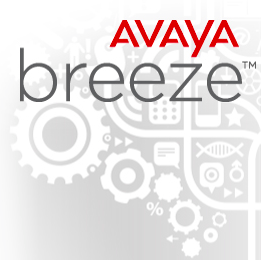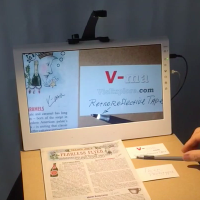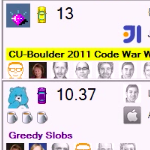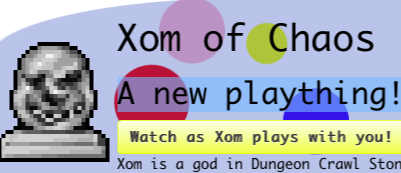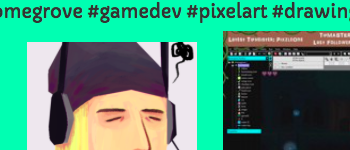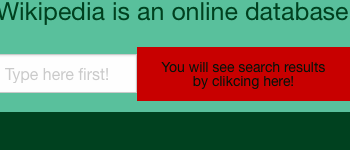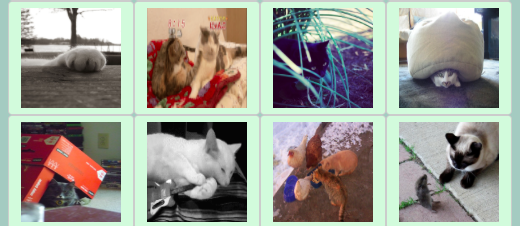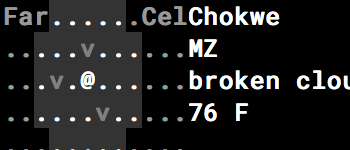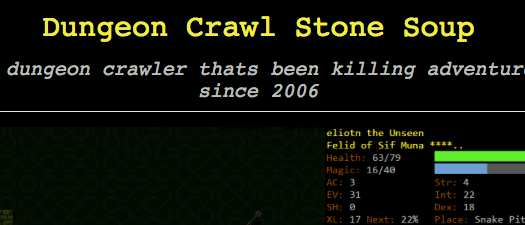About me

Officially, I am a computer programmer, familiar with a wide breath of languages. Unofficially, this job is similar to another passion: board games. Both of these passions allow me to become engaged with solving puzzles and trying different things. I delve deep into the complex mechanics of programming in order to solve problems with the code. At the moment, I have ideas about going into game development or data science. Currently, I am working towards completing all three certifications at Free Code Camp.
Portfolio
Back-End Development Projects
For the following projects, it may take a few seconds to load the web services, please be patient:- Interactive Twitch - Allows twitch streamers to create polls that other users can vote on through the website or twitch chat.
- Url Shortener - Simple url shortener service with a UI demo.
- Header Microservice - Grabs IP address and OS information as JSON.
- Timestamp Microservice - Takes a date or unix time (seconds since January 1st, 1970) as input and returns JSON containing both.
- File Size Microservice - You can upload files to find their size.
Data Visualization Projects
- CodeDay Roguelike - A simple roguelike created as part of CodeDay.
- Markdown previewer - A simple previewer of the markdown format, used most famously in Readme.MD
Front-End Development Projects
Enneagram Pormadoro Clock: This clock allows you to track and customize your pormadoro sessions with the power of the enneagram!
Xom Quote Machine: In Dungeon Crawl Stone Soup, players can worship a god for numerous benefits. One of the funniest choices is Xom, who provides the dialogue for the quote machine.
Stream Viewer: Check the online or offline status of some cool online Twitch.tv streams. The streams generally have a theme of programming.
Captain Obvious searches Wikipedia: This website will search Wikipedia for you! Searching Wikipedia lets you know what is on there! You can do the same thing by putting www.wikipedia.com in your url bar.
Tic-Cat-Toe:Ceiling cat and basement cat decide to settle their differences by playing a game of Tic-Cat-Toe
Calculator: This calculator takes an expression and calculates the result. The calculator respects order operations, executing operations in parenthesis first, then multiplication/division/modulo, then addition/subtraction.
Rogue Weather: Displays the weather for random places or your hometown, in roguelike style. Includes a clickable grid for exploration. Currently under construction due to unanticipated api behavior.
At Avaya, I was a platform engineer for the Engagement Development Platform (now known as Avaya Breeze). I ensured that the product was built/upgraded properly and that the command line tools and packages were working correctly. A central task was improving and documenting the patch process used by the Engagement Development Platform, in order to speed up patch delivery from several weeks to a week. I was also involved with pre-sanity testing, ensuring that the code worked as expected in between each sprint. Much of the job was working with Linux or Bash scripting.
At Visual Exploration LLC, I prototyped the software for V-ma, a desktop magnifier to help people with limited vision read. Below is a demonstration:
For the 2014 Windward Code Wars, I made an AI for Windward's game engine, that involved ferrying CEOs to different destinations. In this game, individual cars would earn points for successfully transferring a tech company CEO to a particular location, as well as partial points for managing to bring a CEO close. Each car had a coffee supply that could be replenished by going to a coffee shop, as coffee was needed to pick up CEOs. To mix things up, each car had two bonuses that could be used at a strategic time. The catch for this challenge was that teams only had 10 hours to finalize their AI.
The video is a replay of the finals game, with my AI "CU-Boulder 2011 Code War Winner". The tricky challenge was estimating the effect that your changes to the code had on the AI. I utilized a strategy of trying to go to the nearest CEO that I could drop off to the nearest location. When I tried to do a deeper search, it didn't help the AI after a certain extent, this was probably due to a changing game state. Unfortunately, I did not have much time to optimize power-up usage.
For the 2011 Windward Code War, my team made a bot that played a computerized version of Robo-Rally. For this game, my team used a Monte-Carlo strategy of trying different moves, calculating the sequence that got us closest to the flag, and announced power downs early.


